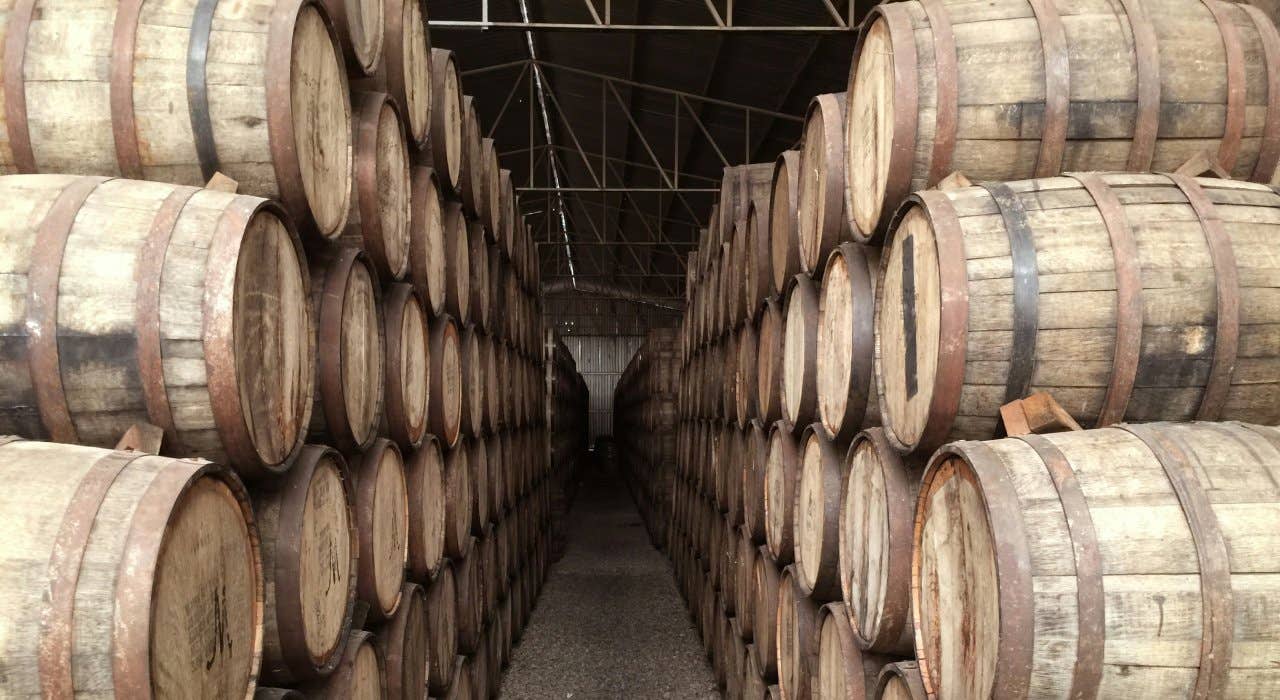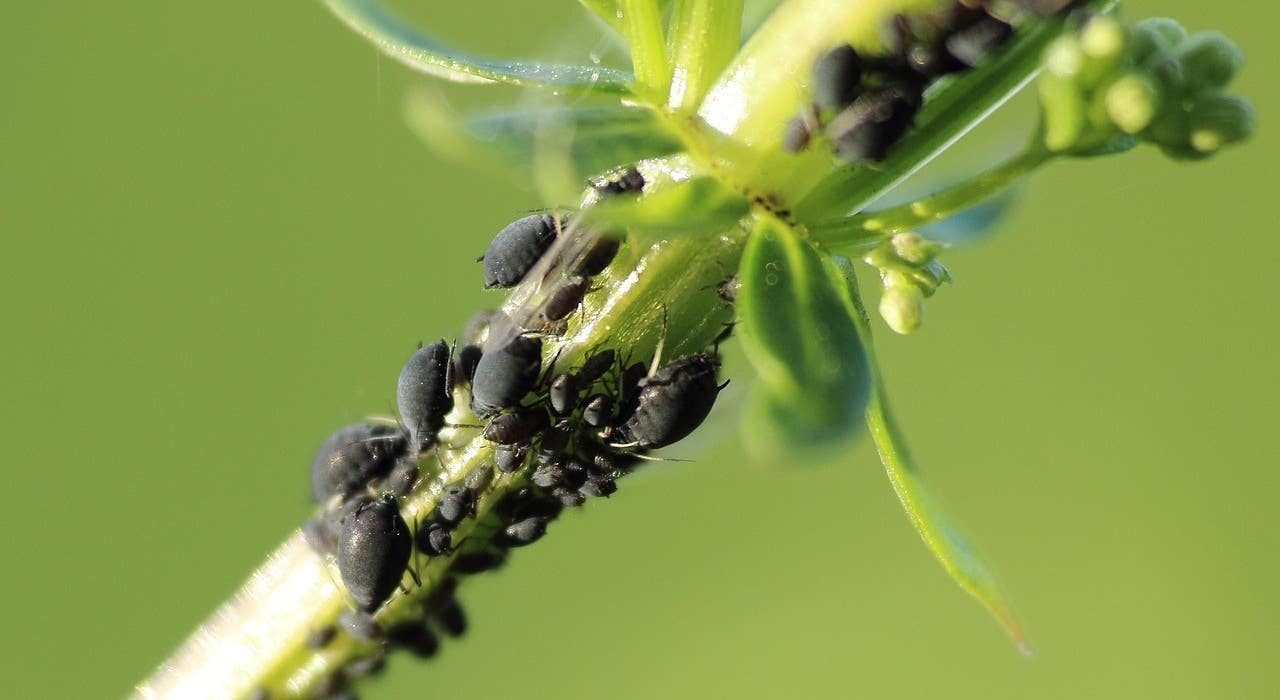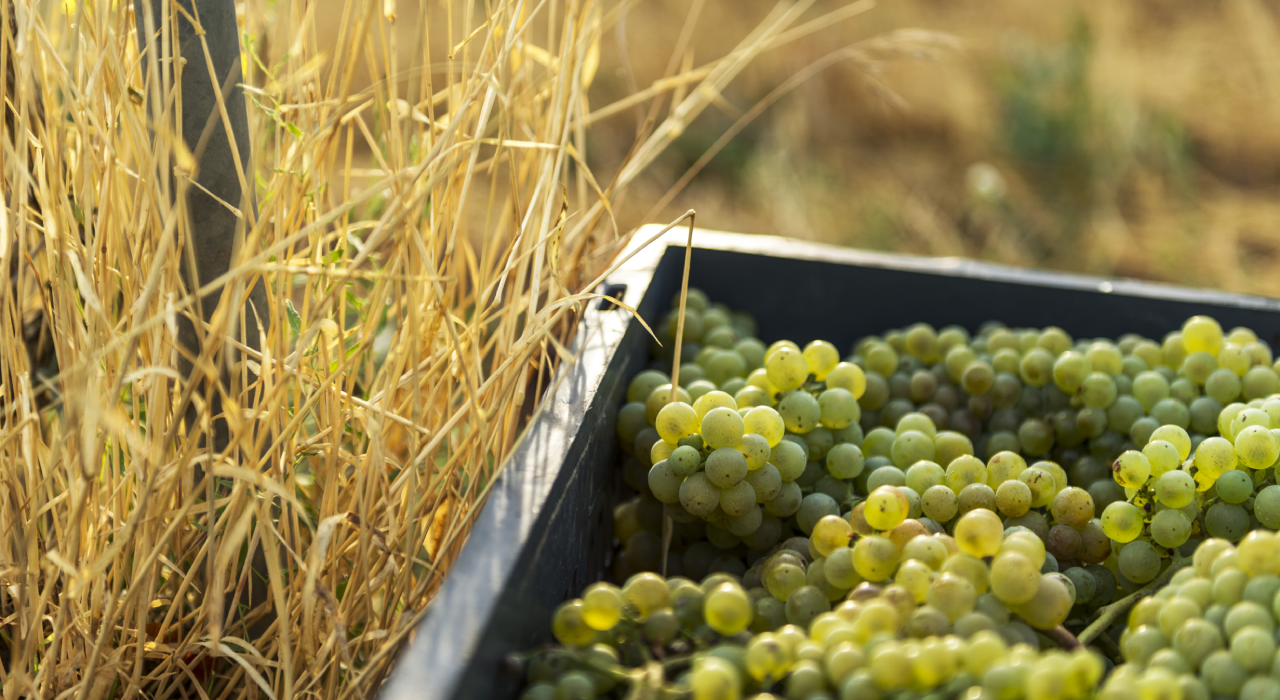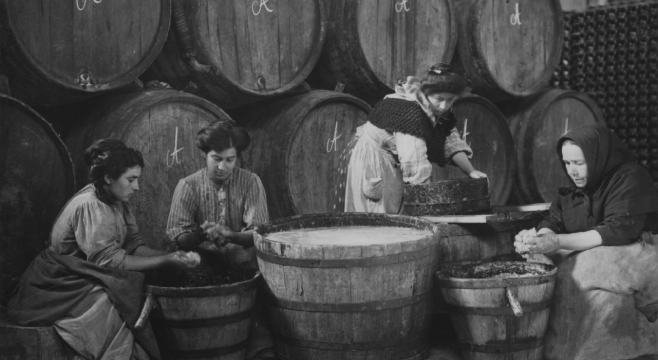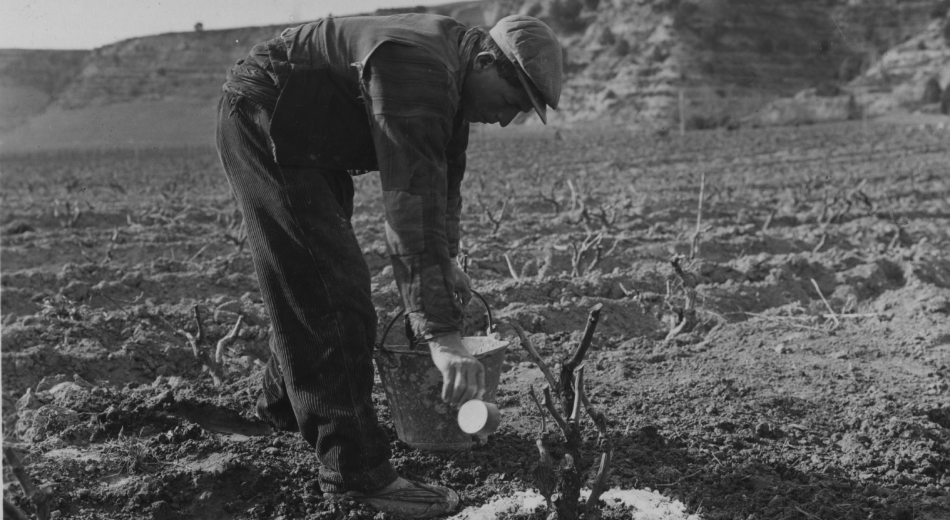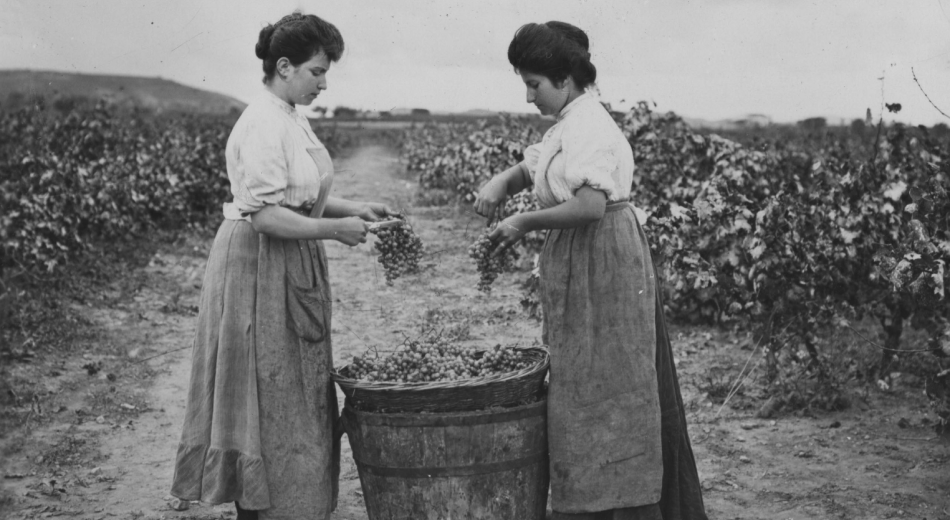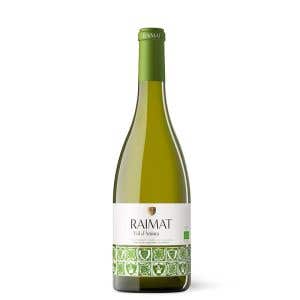Wine is so linked to our culture, landscape, and way of understanding life that it seems that it has always been there. But like all things, there was a first time. And in this case, according to historians, the first human who had the idea to put fermented grape -with all the different grape varieties that exist- must to his mouth made that decision about eight thousand years ago.
Certainty, intuition, or fortuitous accident? We’ll never know. What we do know is that this action has turned into something that has been developed for millennia, until becoming an expression of a tradition —of a culture— and also an industry with a significant economic impact in the producing regions and countries. Of course, many centuries had to pass for winemaking to take hold as such. Nowadays there are different types of wine, from organic wines to vegan wines. With important designations of origin such as Rioja wines.
Although it is true that to enjoy wine it is not necessary to know its history, it never hurts to have some precise notions about its origins and the framework in which its culture and tradition have developed over the centuries.
According to the most recent findings, the birthplace origin of
wine is Georgia, where archaeological remains dated between 8100 and 6600 BCE
have been found.
Georgia: place of origin of wine
Although for many years researchers associated the origin of wine with the civilizations of the Middle East, it has recently been discovered that the true origin of wine is Georgia, thanks to residues found in Neolithic ceramics discovered in the South Caucasus.
In addition to rewriting the matter of origin of wine, these new findings also provide data on the antiquity of the drink, which is much more ancestral than previously assumed. In fact, the oldest evidence of the production of wine to date went back to 5400-5000 BCE, in the Zagros mountains in Iran; however, the excavations carried out in Georgian territory (at Gadachrili Gora and Shulaveris Gora, located about 50 kilometers from the country's capital, Tbilisi) date to between 8100 and 6600 BCE.











